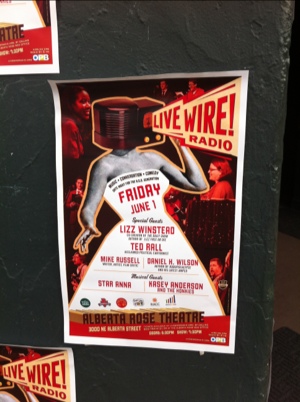My column debuts at MSNBC’s Lean Forward blog today.
Please give them some love by linking to them; that’s how they know it’s worth supporting a writer’s work.
This column will likely go out via syndication later; the arrangement is that MSNBC gets me first. After 48 hours, I’ll post it here and distribute to other clients. Newspaper customers shouldn’t notice any difference.

